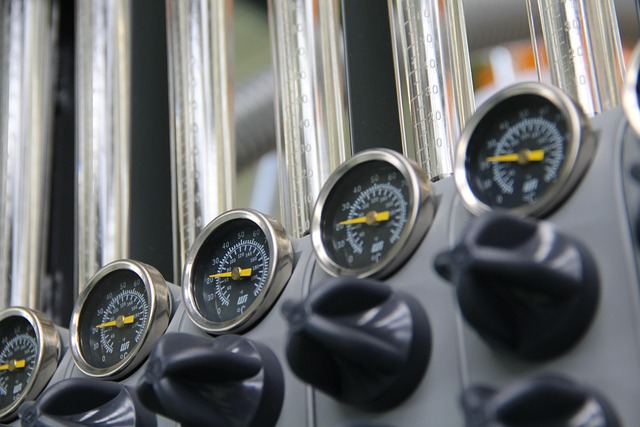Activist hedge fund Saba Capital has intensified pressure on Gore Street Energy Storage (GSF) by taking a 5% stake in the international battery fund.
Shares in the £293m investment company rose 1.7% to 59p on Wednesday afternoon, slightly narrowing their wide 44% discount to asset value, after Saba disclosed a holding of over 25.3m voting rights.
Saba’s arrival on the register almost doubles the presence of activist investors in GSF at a time when its board is under fire for not disclosing in the annual report the more than £5m of additional fees paid to fund manager Gore Street Capital.
RM Funds, a long-standing shareholder, holds 6%, a position it used to challenge the board at an extraordinary general meeting in August and the annual general meeting last month.
Stifel analyst Will Crighton said: “This likely significantly increases pressure on the board, which may be pushed to do more than the current strategic plan, or risk being removed.”
He upgraded the shares from “negative” to “neutral” believing Saba’s move could provide a floor to the share price and bring in other value investors, although he admitted there had been no boost to the shares of SDCL Energy Efficiency (SEIT) since Saba appeared with a 5% stake last month.
At the EGM RM Funds received support of around 30% of votes for its resolution to remove chair Patrick Cox and senior independent director Caroline Banszky. At the EGM its proposals to replace all the board directors received the backing of 22%-27% of shareholder votes.
Following these results and confirmation of the commercial management fees paid to the fund manager, the board last week committed to speeding up the replacement of its non-executive directors, improving financial transparency as well as returns to shareholders. Its main initiative on this front is the sale of construction projects and extension of the duration of its battery storage installations announced in the conclusion of a strategic review in July.
RM Funds Pietro Nicholls has threatened to call another shareholder meeting if Gore Street Energy does not do more to discuss its progress on key performance indicators around earnings per share.
Saba, which last week came close to ousting the board of Baillie Gifford US Growth (USA), looks likely to be a supportive ally of RM’s campaign although it will doubtless have its own agenda as it pushes for measures to re-rate the shares.
As is often the case with Saba, the position is held through derivatives known as total return swaps rather than through ordinary shares.
While GSF was not hit as badly by the slump over a year ago in UK battery revenues as rivals Gresham House (GRID) and the then Harmony (HEIT) before its sale to Foresight Group, its shares have tumbled 53% from their 123p peak three years ago. Including dividends, which were cut in July, the total shareholder loss has been 34%.
Our view
Matthew Read, senior analyst at QuotedData, said: “We have long said that the bulk of the discounts to NAV that are prevailing within the renewable energy sector look well overdone. It is therefore little surprise to us to see Saba Capital appearing on GSF’s share register – no doubt attracted by a discount that has tended to be above 40% for the last 18 months, even surpassing 50% briefly.
“There is little doubt that the battery storage funds have faced significant challenges. They were hit hard when new software was introduced to balance the grid that failed to utilise BESS assets properly, which caused them to miss out on revenues and ultimately led to sharp dividend cuts. However, the problems with the grid being able to dispatch BESS assets are being resolved, cash flows are improving and there is a path to dividends being properly reinstated.
“In some instances, funds have opted to delay dividend increases and instead prioritise extending the duration of their assets. This gives much more flexibility in generating revenues for the battery owners and, with battery prices having come down significantly, the payback periods are relatively short. After these augmentations, the funds are in a stronger position with more profitable portfolios. However, these delays in resuming fuller dividend payments will have also weighed on discounts but, as cash flows start to come through again, NAVs should improve and discounts should narrow again.
“However, we think Saba likely recognises that there are other ways to extract value from these assets, with M&A being another possibility. Harmony Energy Income was taken out by Foresight earlier this year, after it outbid Drax with an offer at NAV, effectively closing what had been a 40%+ discount on the fund. At the time, we highlighted the obvious read across to both GRID and GSF. These sorts of assets are changing hands at higher valuations in private markets and we wouldn’t be surprised to see bids for either of these funds.
“A salient lesson for boards is that having one activist appearing on your register can attract others and this is quite likely in the case of GSF as RM Funds has already agitated for change. However, we think that GSF is at a wide discount due to structural issues that are being resolved and that shareholders should exercise caution. In our view, now would not be the time to be potentially selling off those assets at heavily discounted valuations.”
